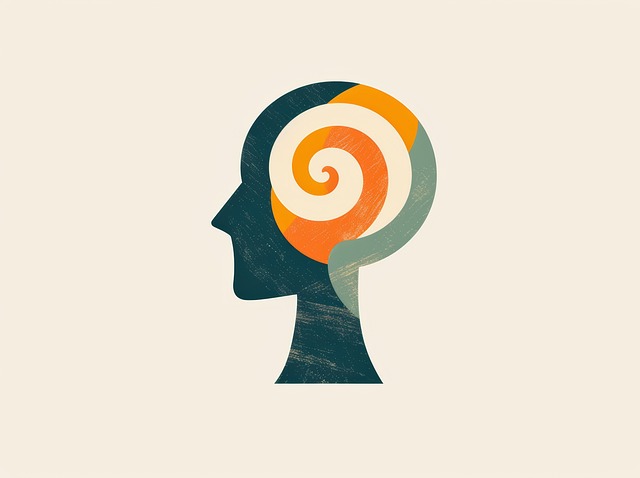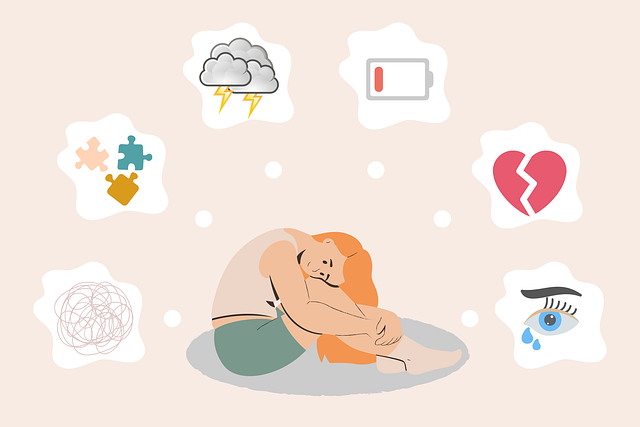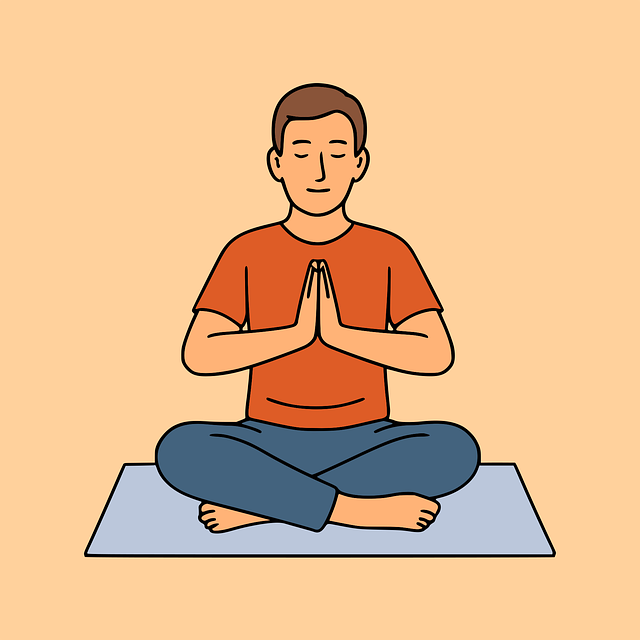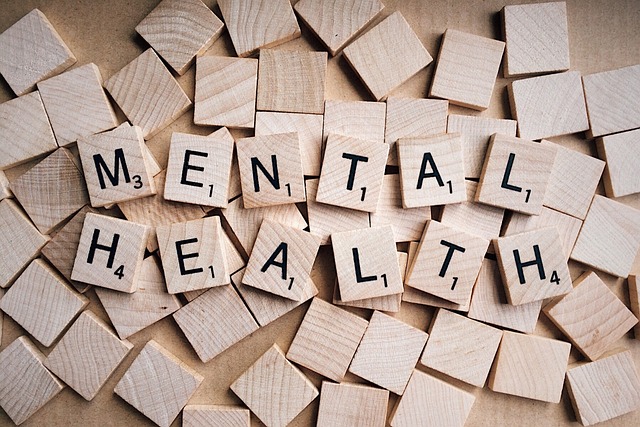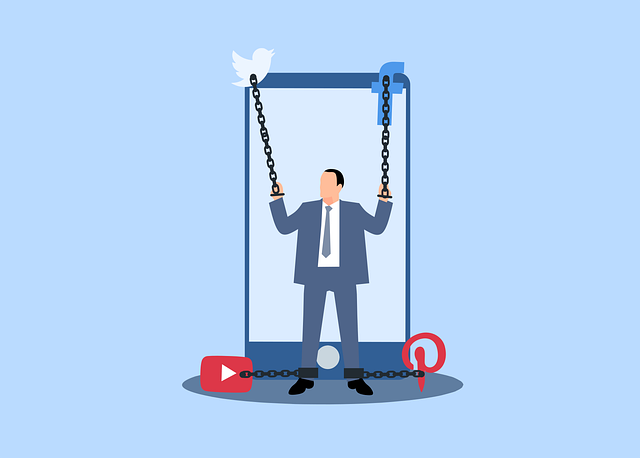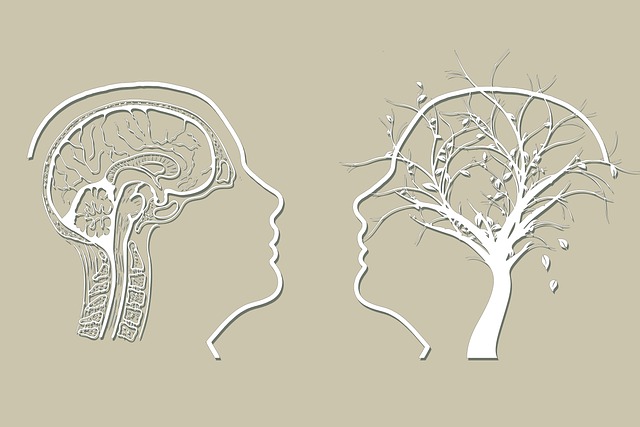Aurora Chronic Pain Therapy offers a comprehensive approach to improving well-being by addressing the vital link between mental health and social skills. Targeted training in emotional intelligence and communication strategies, such as cognitive behavioral therapy (CBT) and mindfulness, equips individuals with chronic pain to express their needs and connect with others. Group therapy sessions create supportive communities, reduce stigma, and enhance self-care practices, ultimately transforming lives by fostering meaningful interactions and promoting mental wellness.
Social skills training is a powerful tool for managing mental health conditions, fostering better interactions, and enhancing overall well-being. This article explores the intricate link between social skills and mental health, highlighting the benefits of programs like Aurora Chronic Pain Therapy. We delve into effective strategies, including group therapy sessions, to improve social support networks and promote healing. By understanding these techniques, individuals can navigate social challenges, build meaningful connections, and significantly contribute to their recovery journey.
- Understanding Social Skills and Mental Health: Unraveling the Connection
- The Impact of Aurora Chronic Pain Therapy on Social Interaction
- Strategies for Developing Social Skills in Individuals with Mental Health Conditions
- Incorporating Group Therapy Sessions to Enhance Social Support and Well-being
Understanding Social Skills and Mental Health: Unraveling the Connection

Social skills are a fundamental aspect of human interaction and play a pivotal role in our overall well-being. For individuals living with mental health conditions, such as those seeking Aurora Chronic Pain Therapy, understanding and developing these skills can be transformative. Many mental health disorders impact an individual’s ability to connect with others, leading to feelings of isolation and loneliness. This is where targeted training comes into play, offering a path to rebuild and refine social interactions.
The connection between social skills and mental health is intricate. Effective communication strategies, often taught through emotional intelligence programs, can help individuals express their needs and emotions more clearly. This is particularly beneficial for those dealing with conditions that may affect their ability to communicate directly, like chronic pain which can induce frustration and irritability. Additionally, stigma reduction efforts focused on improving social skills can foster a sense of belonging and community, thereby decreasing the emotional burden often associated with mental illness.
The Impact of Aurora Chronic Pain Therapy on Social Interaction

The Aurora Chronic Pain Therapy program has shown significant promise in transforming individuals’ social interactions and overall well-being. By addressing chronic pain directly, this therapy offers a unique approach to improving mental health outcomes. Many people living with chronic pain often experience social isolation due to their condition’s limitations; however, the therapeutic environment encourages participants to develop essential coping strategies for managing pain during social engagements.
Through various techniques, Aurora Chronic Pain Therapy facilitates the breakdown of barriers that prevent those with mental illness from engaging in meaningful social interactions. It promotes self-care routine development, emphasizing the importance of setting boundaries and prioritizing well-being without exacerbating pain. As a result, participants gain confidence in navigating social situations, reducing the stigma associated with mental health issues, and preventing burnout, which is often a side effect of managing chronic conditions.
Strategies for Developing Social Skills in Individuals with Mental Health Conditions

Developing social skills is a significant aspect of enhancing mental wellness for individuals managing chronic conditions like Aurora Chronic Pain Therapy clients. These strategies can be tailored to suit various mental health needs, focusing on emotional intelligence and its role in fostering meaningful connections. Emotional well-being promotion techniques, including cognitive behavioral therapy (CBT) and mindfulness practices, have proven effective in improving social interactions.
Group therapy sessions, peer support groups, and one-on-one coaching can provide a safe environment for learning and practicing these skills. Through role-playing scenarios, individuals can develop strategies to navigate social cues, improve communication, and build confidence in social settings. Additionally, teaching emotional awareness and regulation techniques enables people with mental health conditions to manage their emotions during social interactions, thereby enhancing their overall experience and participation in society.
Incorporating Group Therapy Sessions to Enhance Social Support and Well-being

Incorporating group therapy sessions into mental health treatment plans can significantly enhance social support and overall well-being, especially for individuals facing chronic conditions like pain. These supportive environments foster connections among peers who may be grappling with similar challenges. At Aurora Chronic Pain Therapy, we understand that social isolation is a common struggle for many patients, leading to increased anxiety and depression. Group therapy sessions provide a safe space to share experiences, gain valuable insights from others’ perspectives, and build meaningful relationships.
Through group interactions, members learn effective communication skills, emotional well-being promotion techniques, and stigma reduction efforts, which are essential in managing mental illness. This collective approach not only strengthens social bonds but also empowers individuals to navigate their mental health journeys with renewed confidence. Additionally, these sessions play a pivotal role in burnout prevention, offering a supportive network that encourages active participation and self-care practices.
Social skills training is a powerful tool for improving the lives of individuals managing mental health conditions. As highlighted in this article, understanding the connection between social skills and mental well-being is essential. The success of Aurora Chronic Pain Therapy underscores the impact of targeted interventions, such as group therapy sessions, in fostering social support and enhancing overall quality of life. By implementing practical strategies discussed here, professionals can empower individuals to navigate social interactions with confidence, leading to more fulfilling personal and professional connections.

